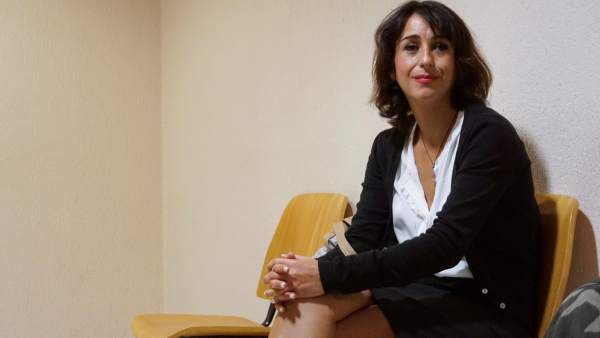My first thoughts on Brexit news today was sympathy for parents whose children have been removed to other European countries following leave to remove decisions. The decision last night will be causing them uncertainty and anxiety.
One of the the best EU regulations from a family law perspective (or bureaucracy that was forced upon us as some would say), were the Brussels II Revised Regulations. Article 21 of those regulations make contact orders made in one EU country (excluding Denmark who opted out) enforceable in another EU member state. Will we lose those protections? Will a replacement to that agreement be made between the UK and EU? Will this protection be removed entirely, and will the parent facing the high cost of legal proceedings in the UK then face the daunting cost of starting again in a foreign jurisdiction with a UK order not worth the paper it’s written on? One can only hope this is not forgotten in the Brexit negotiations which follow. I wish I had the answers to give assurances, but no-one does nor will for some time.
Parents whose children are relocated to other EU states may face higher air fares (Europe saw the end of bi-lateral air service agreements); they’ll face travel insurance costs (while at the moment there are reciprocal agreements); and then there’s the loss of protected rights in terms of travel to other European countries. Will their children be able to return to the UK if they so decide when they reach adulthood? Maybe only if they have the requisite skills to meet an immigrant quota system. School choice and subject choice could become far more important for parents who remain in the UK. Will there be a right to involvement in those decisions? Will that right be enforceable in a foreign jurisdiction? Unlikely.
In terms of protections against international child abduction, we’ll stay part of the Hague Convention on the Civil Aspects of International Child Abduction, but I’ve no doubt that membership of the Brussels II Regulations gave British parents (and all European parents other than the Danish) greater protection. The Hague Convention as we all should know, is no guarantee of having your child returned.
I’ve no doubt that membership of Europe made it harder for the Tories to pursue their wish to extract the UK from the Human Rights Act (and EU Convention on Human Rights). It is the UK’s being subject to the European Court of Human Rights which freed Sir James Munby to insist on legal aid being given to two parents with learning difficulties who couldn’t afford legal representation, who faced their children being permanently removed from them by social workers, but had had their right to legal representation taken away by Government. They faced a Local Authority with a full legal team. Our judges could challenge the decision of Government on human rights’ grounds, because those rights were protected despite what was undeniably a democratic decision to strip those rights from two, vulnerable parents who lacked the capacity to conduct their own case. Democracy isn’t always a good thing or democratic decisions defensible. Europe at least gave a check and balance against human rights abuses. A chance for the man or woman in the street to stand up to large institutions and fight injustice.
I know some who view Brexit as a good thing. In terms of the microcosm of family law, it is not. My thoughts today are with the parents it affects, and who will be affected in the future.
